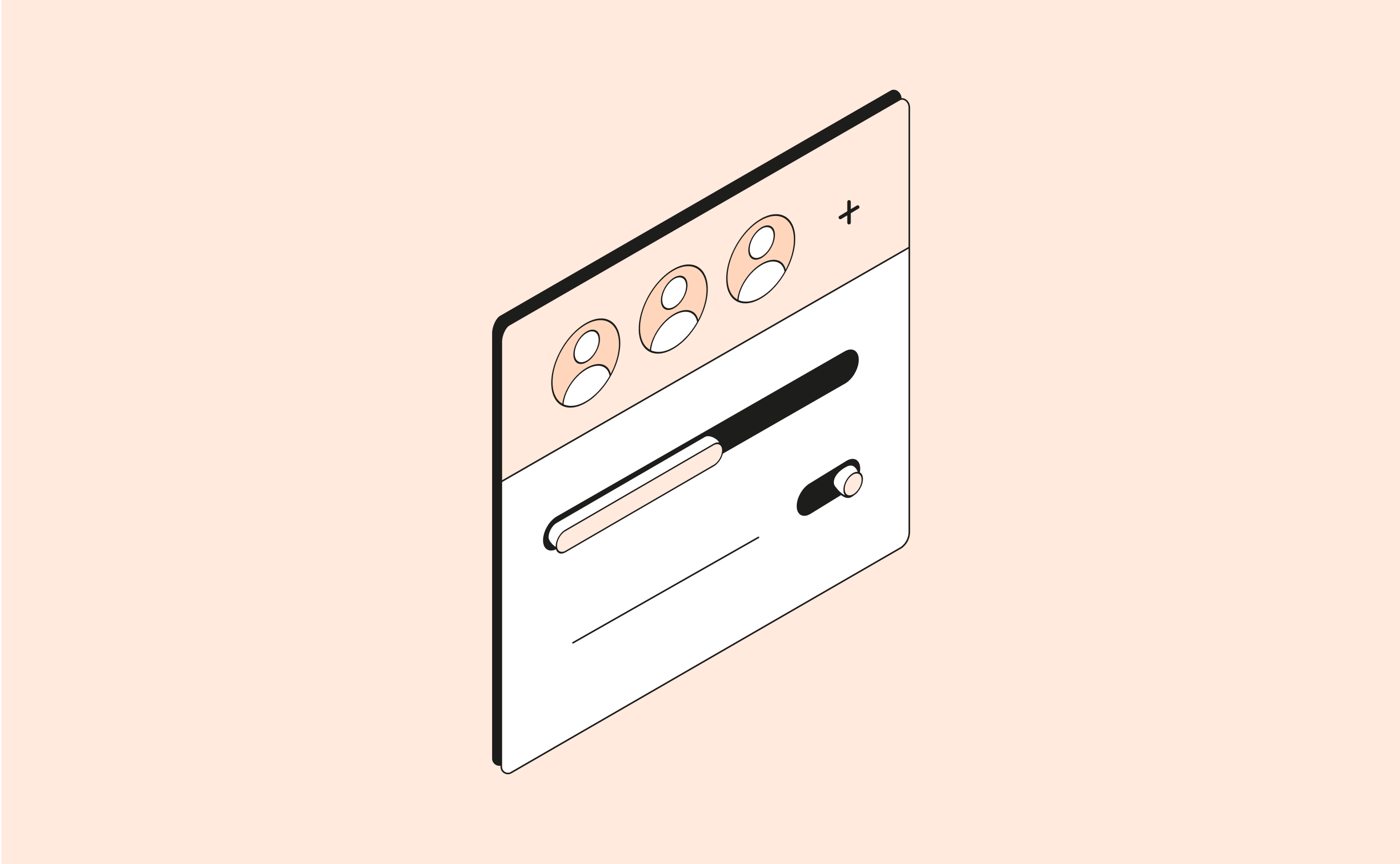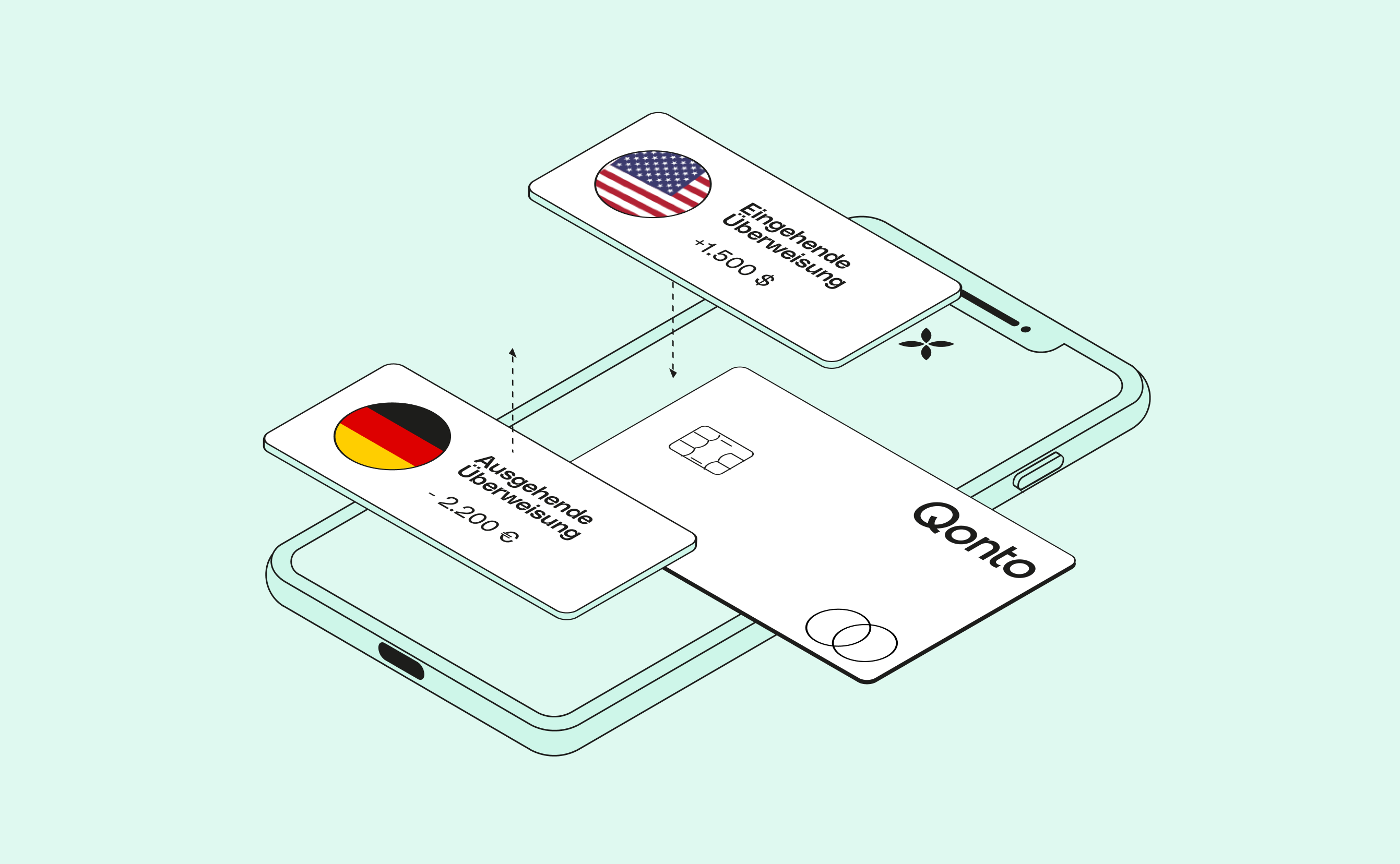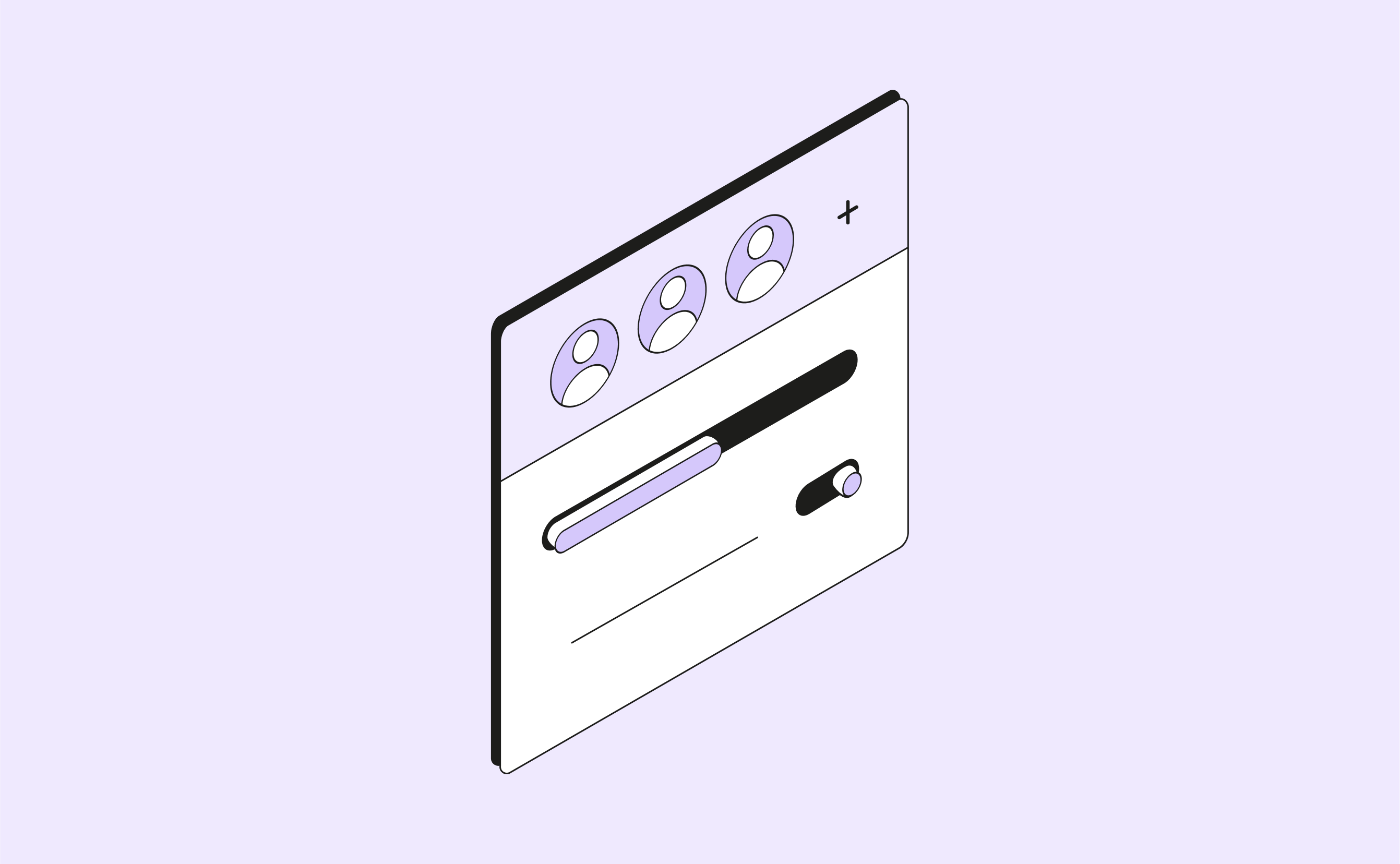There are man reasons to manage your business account with the help of sub-accounts. Sub-accounts allow you to separate payment flows and gain a much better overview of your incoming and outgoing payments. When it comes to choosing the perfect online business banking account, you should always make sure you can set up sub-accounts free of charge in addition to your main account.
10 great ways to use sub-accounts

What is a sub-account?
A sub-account is a separate account listed under your existing main account. It can come in the form of a private current account or a business account. In order to be able set up a sub-account, you first have to possess or open a main account. When choosing a bank, you should make sure that it allows you to set up free sub-accounts. A bank or online financial services provider that truly understands your needs as a modern online banking customer will offer you this practical type of account management. Once you’ve created your main account, you can set up additional sub-accounts, activate them and start processing payments without having to go through any burdensome formalities or additional registrations.

Customize your banking to fit your company
Sub-accounts allow for an array of diverse and versatile uses. For example, you can set up sub-accounts to tailor your banking for an optimal fit to your company’s structures. This includes setting up sub-accounts for individual teams or individual projects. You can also have one account exclusively for incoming payments, another account exclusively for outgoing payments, and a sub-account solely for salary payments. Sub-accounts are also ideal if you have irregularly recurring payments. In this case, a sub-account allows you to accumulate a credit balance that will, in turn, put you in a position to make these payments at any time. If you manage your company together with a partner, a sub-account can also serve as a kind of joint account.
The difference between deposit accounts and sub-accounts
All of the above-mentioned uses presume that a sub-account has been set up to serve the purpose of carrying out payment transactions. A different form of sub-account – one that has the goal of encouraging you to put money aside – is a deposit account or money market account. In comparison to other sub-accounts, the balance that you accumulate on a deposit account is often interest-bearing. At the moment, however, interest rates are very low. Still, deposit accounts allow you to increase your capital and have access to your balance at any time. Please note that you first have to transfer the amount from your deposit account to a reference account, usually your main current account. Deposit accounts are not designed to manage direct payment transactions.
How does a sub-account work?
Just like your main account, your sub-accounts have their own German IBAN, which you can use at any time to carry out transactions. As per usual, you would use the SEPA payment options to send and receive money, as well as to view all transactions at all times. And, just like with your main account, you will also receive a separate account statement for each of your sub-accounts. At Penta, you can even also download and/or export your statement.
Sub-accounts offer users several advantages
The advantages of sub-accounts are many:
- Carry out transactions quickly and easily between main account and sub-accounts.
- Your sub-account has its own IBAN.
- Easily manage your money in a manner tailor-made to fit your company structures.
- Gain a better overview of your finances.
Possibilities of organizing your finances more efficiently with sub-accounts
The many ways in which entrepreneurs can benefit from the use of sub-accounts are just as diverse as the corporate landscape itself.
1. Separate private from professional accounts
As a matter of principle, entrepreneurs should always seek to separate their business transactions from their private income and expenses – ideally by having a private current account and an online business account. With regard to individuals who are self-employed, freelancers or freelance employees, the number of their financial transactions is limited as compared to small and medium-sized companies. An attractive alternative for self-employed entrepreneurs and one-person companies is to set up a sub-account associated with their business account; you then use this sub-account to carry out your private financial transactions. Having two accounts allows for a clean distinction between professional and private transactions, plus the separate account statements make it easier when tax time comes around.
2. Separate income flows
The digital era has created new opportunities to earn money without actively working. This revenue is referred to as passive income, and it can come in the form of affiliate marketing, cash back programmes for credit cards, drop-shipping, the sale of digital goods and property rental, among others. A sub-account allows you to separate this income from your active income.
3. Sub-accounts for individual teams
If each head-of-department at your company is responsible for the budget in their individual unit, it only makes sense that they should also manage their budget independently. If you set up sub-accounts for your teams, the benefit is two-fold: it allows you to give your management staff free rein, thereby signalling your confidence in their work, but at the same time it relieves you of having to approve of each expenditure yourself.
4. Sub-accounts for projects, products and services, business units and markets
It makes sense to set up sub-accounts that fit precisely the size of your company and the business areas and markets you’re active in. In other words, the more complex your company structure is, the better you’ll be able to maintain an overview of your operations if you set up separate sub-accounts.
5. Travel expense account
The best way for a company to simplify their travel expense management is to equip their teams with their own corporate cards. That way, your employees will not have to cover costs using money from their own private account. Also, the costs incurred can be clearly assigned to them and all the effort you usually spend on reimbursing travel costs will be eliminated. Alternatively, you can also set up a sub-account for travel costs. All expenses for flights, train tickets, hotel stays and the reimbursement of expenses are then processed exclusively via this account. This allows you to maintain control over your travel budget at all times.
6. Build up reserves to ensure sufficient liquidity
Every now and then, managing your own business can involve risks and unforeseen expenses. For this reason, entrepreneurs often set up sub-accounts as a way of maintaining a small level of funds that is available at all times and helps ensure sufficient liquidity. This small “cushion” should ideally be kept separate from your main account as well as from any recurring payment flows. When you have liquidity reserves on a sub-account, it gives you the power to make agile financial decisions and react to market conditions quickly and effectively.
7. Build up financial reserves for future investments
As your business grows, you’ll most likely start thinking about making some additional investments. Sub-accounts can help you build up capital reserves for investments, independently of whether you already have a concrete investment idea or you’re still on the lookout for investment opportunities. You can transfer larger amounts from your main account onto your sub-account for safekeeping and use for future investments. If you do this on a regular basis, you might not even have to rely on a bank loan to make your next investment; instead, you can quickly and flexibly use the credit you’ve accumulated on your sub-account.
8. Build up financial reserves for tax payments
Entrepreneurs and companies are legally obliged to pay a number of different taxes, such as sales tax, trade tax, income tax or corporation tax and wage tax. Depending on which type of tax you pay, you will be required to make specific quarterly or monthly payments in advance to tax authorities. These advance payments help your business spread the company’s tax burden over the entire year. If you set aside money in a sub-account on a regular basis, it can help to make sure that you have sufficient financial resources available to pay your taxes on time.
9. Build up financial reserves for insurance policies
Self-employed individuals are responsible for managing their own social security. Here, too, you’re likely going to be making regular contributions to private or professional insurance funds. When you set aside money for these contributions by parking it on a sub-account, these financial reserves will be available to you to make payment deadlines reliably and on time.
10. Save money
If you’re an entrepreneur looking to fulfil a personal dream or take your company to the next level, a sub-account is a great way to save and separate money, that is, if your financial situation allows for it. The great thing about sub-accounts is that you can access your money whenever you need to.
- Sub accounts or 'multi-accounts' are separate accounts you can open under your main account
- They allow you to further customise your banking experience
- Separating private and personal expenses is a great way to use sub accounts
- You can also use them to save for projects and expenses, as well as controlling team spending
- You will greatly benefit from sub accounts come tax time and when paying off insurance
Open a Qonto business account in 10 minutes






